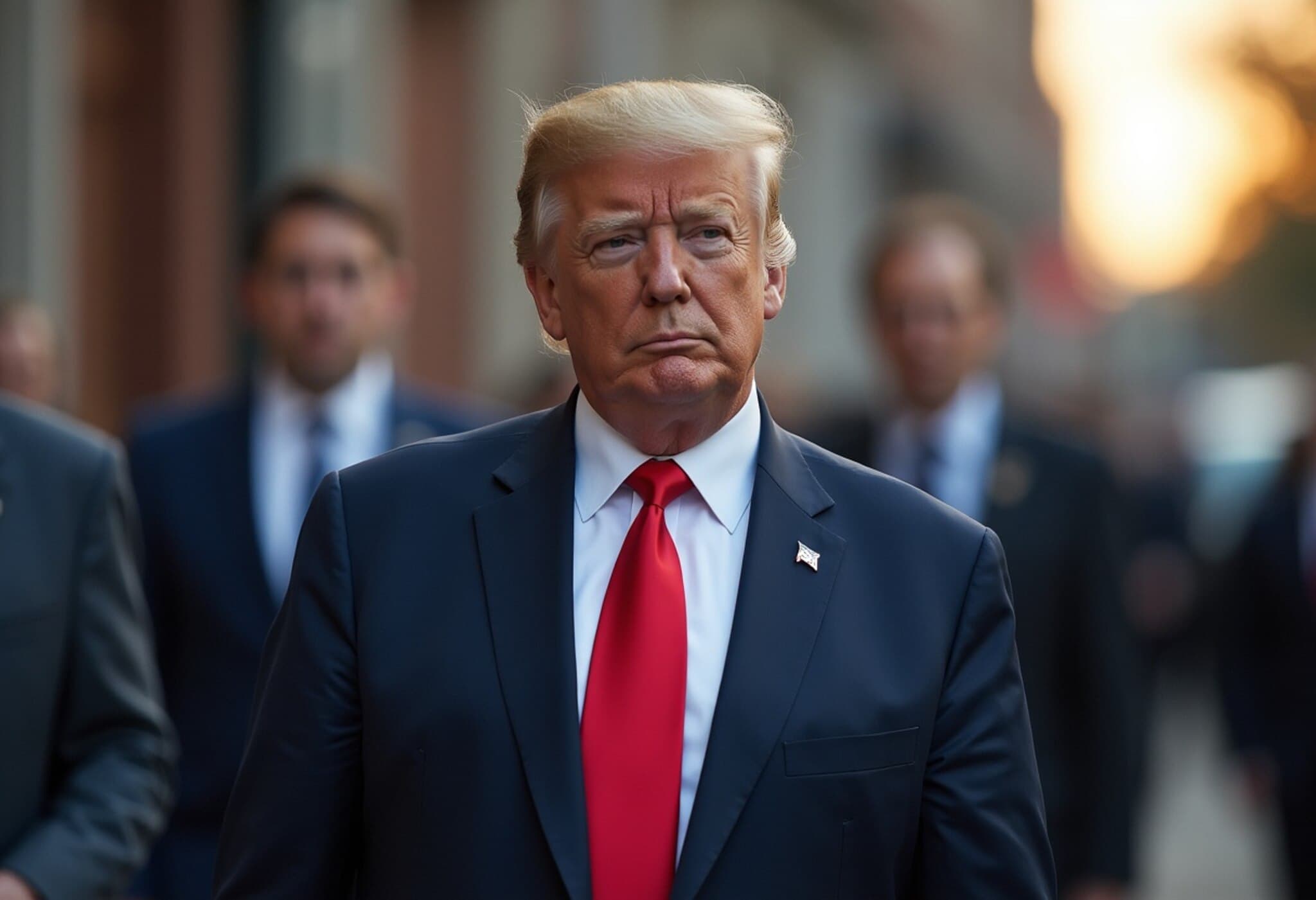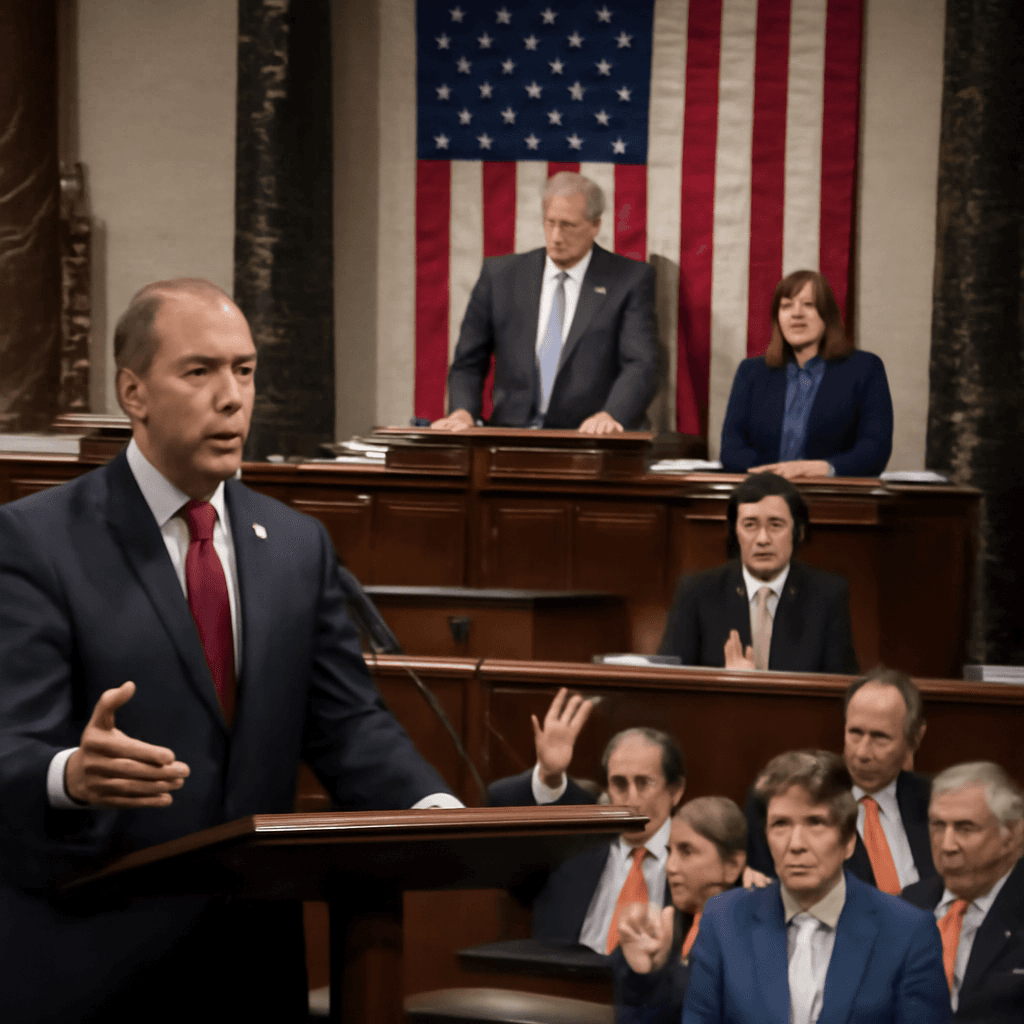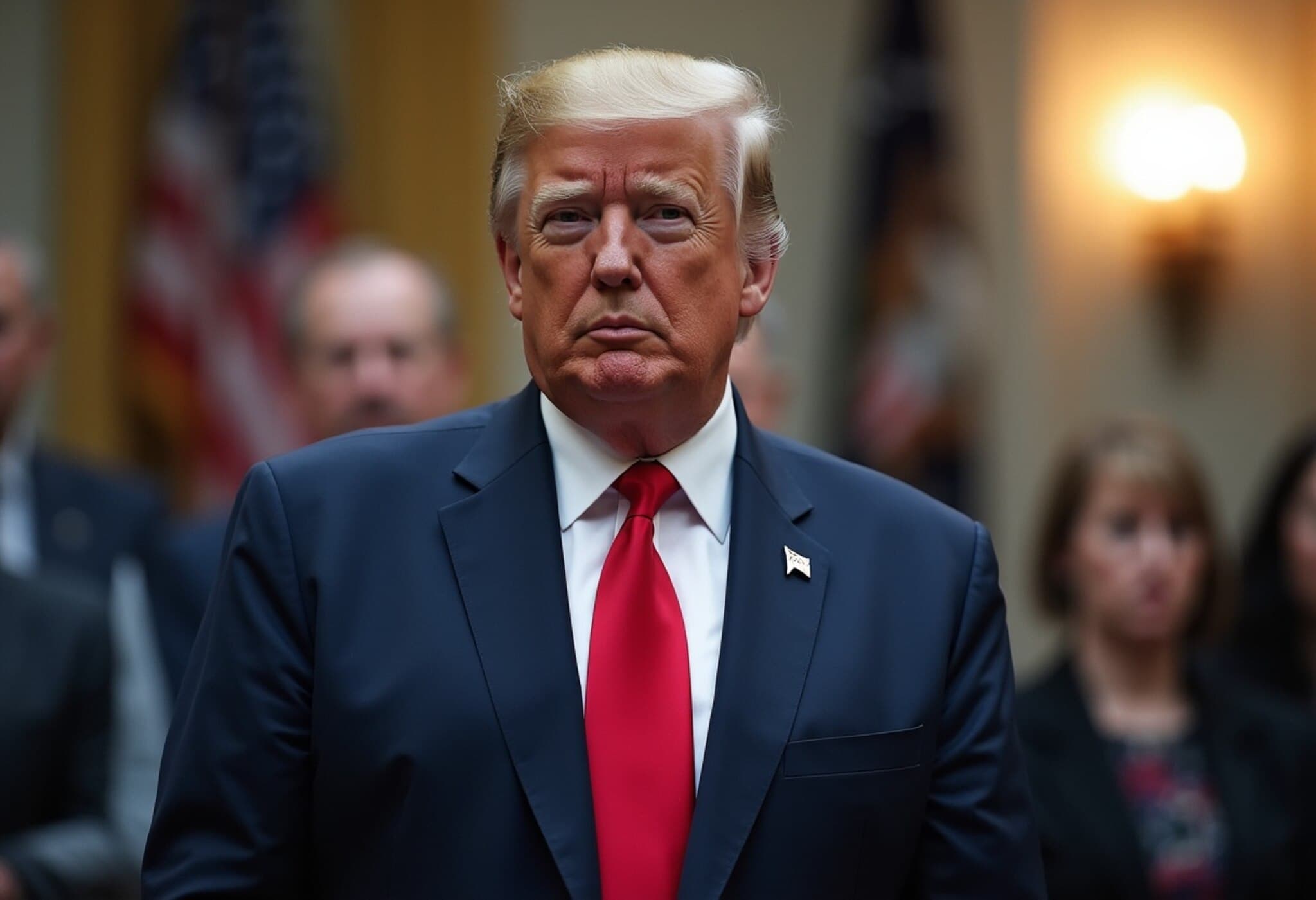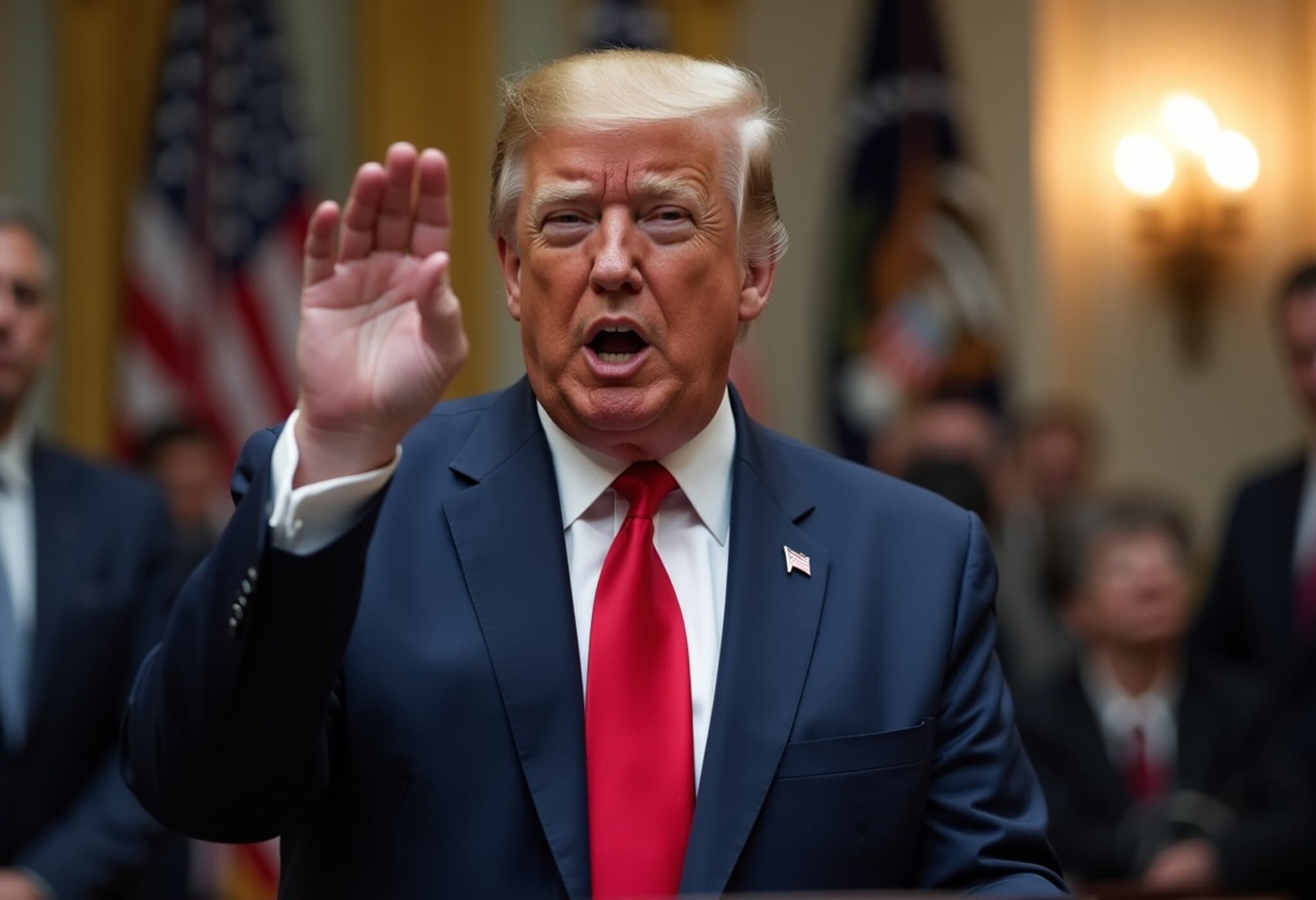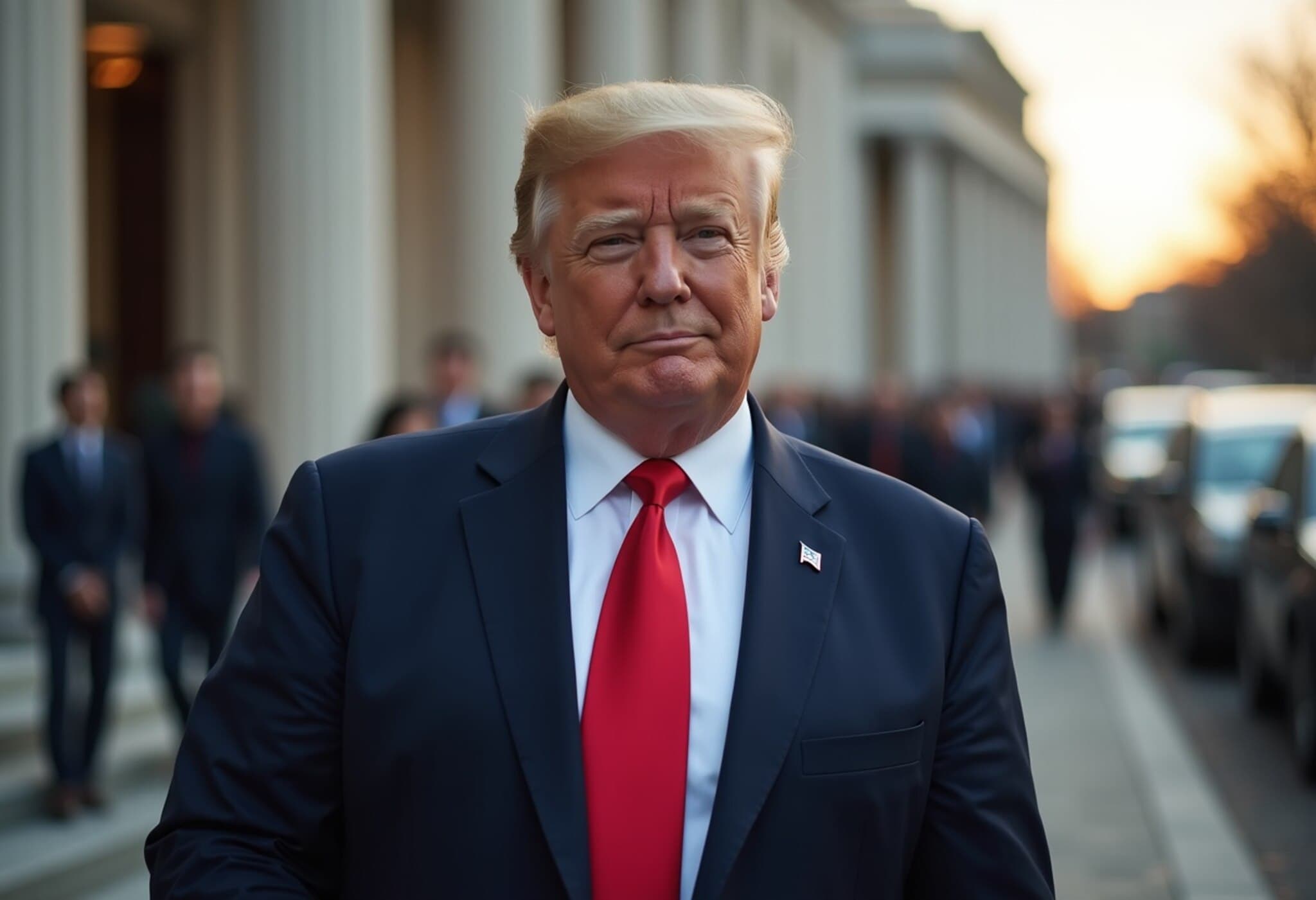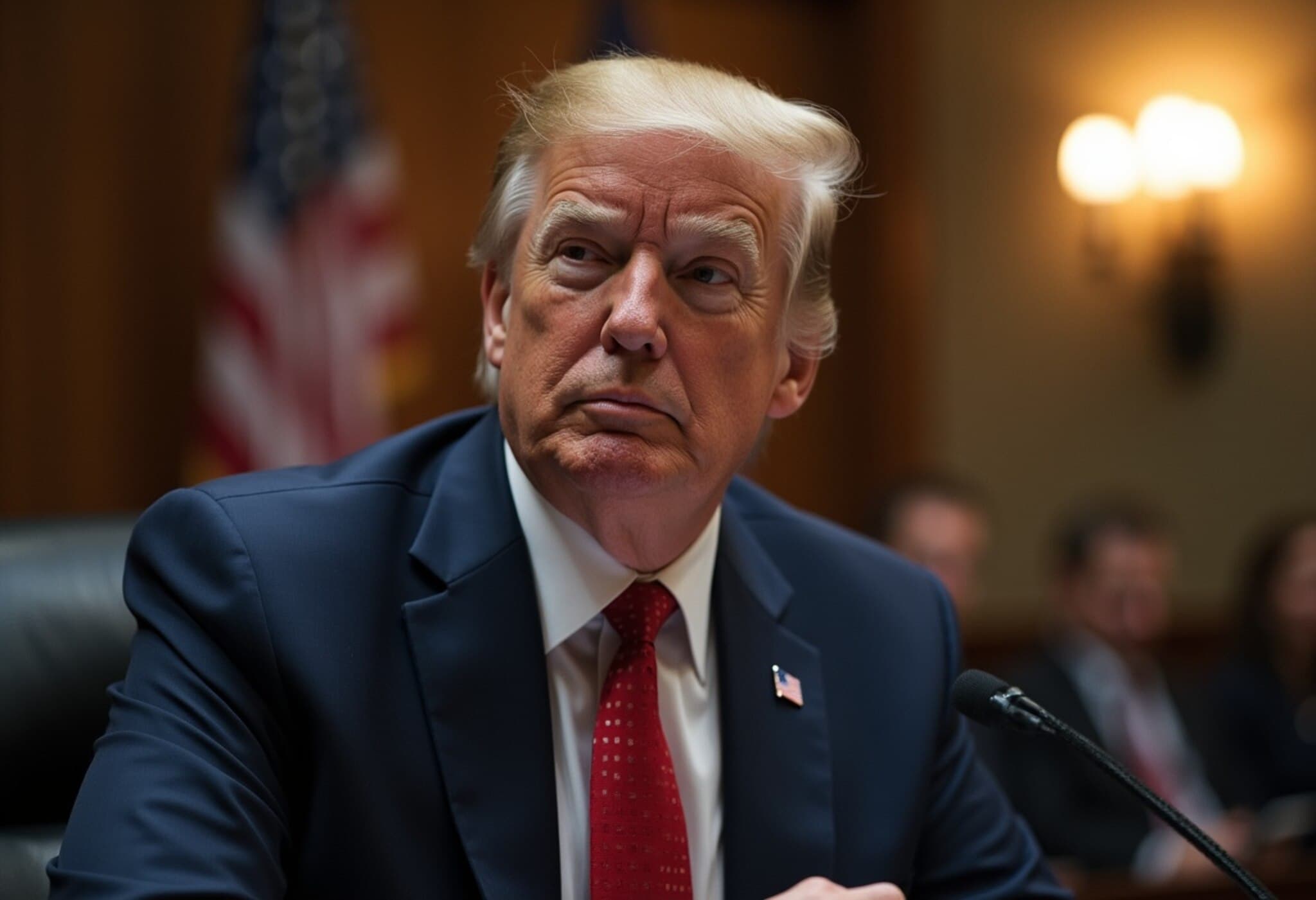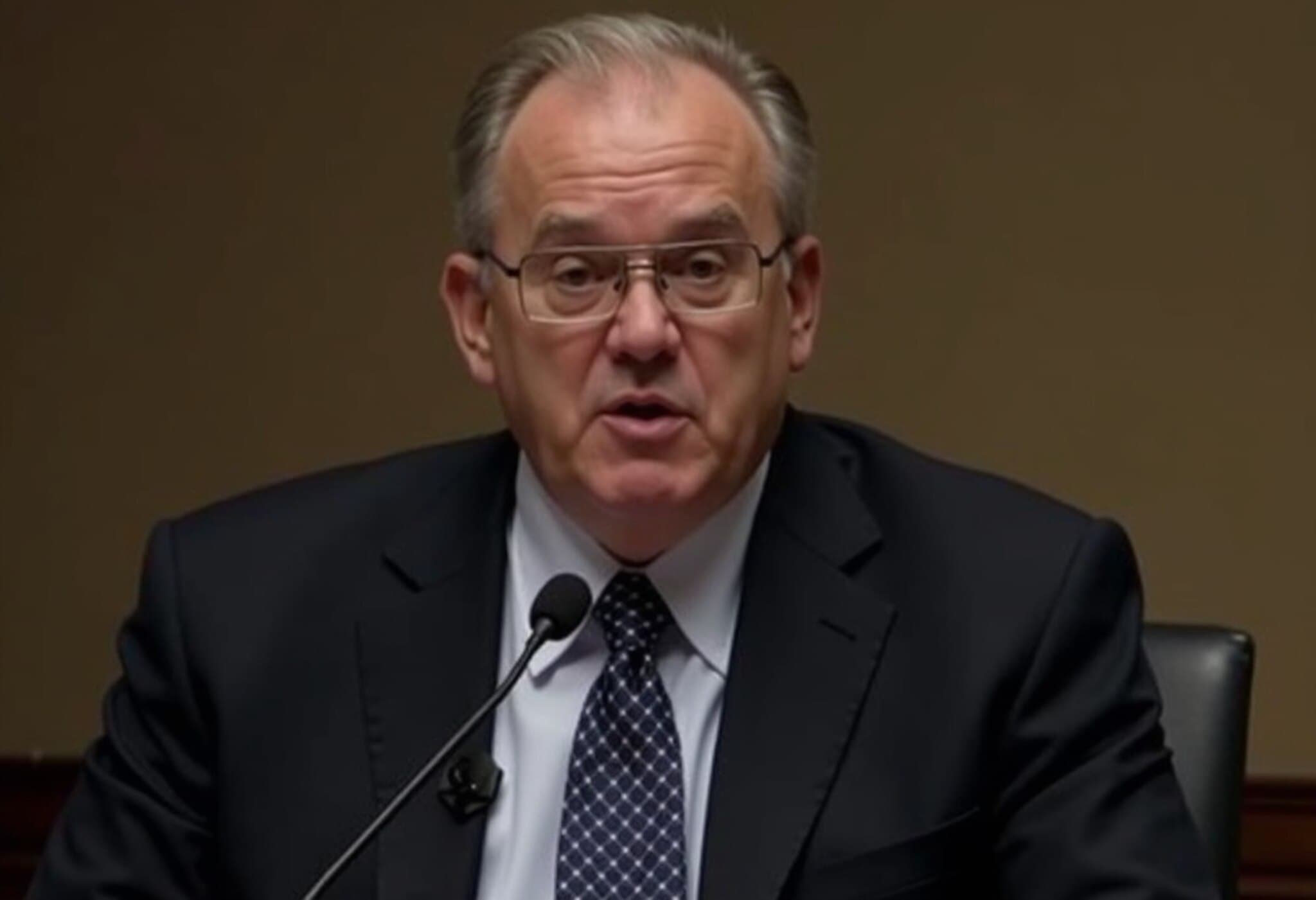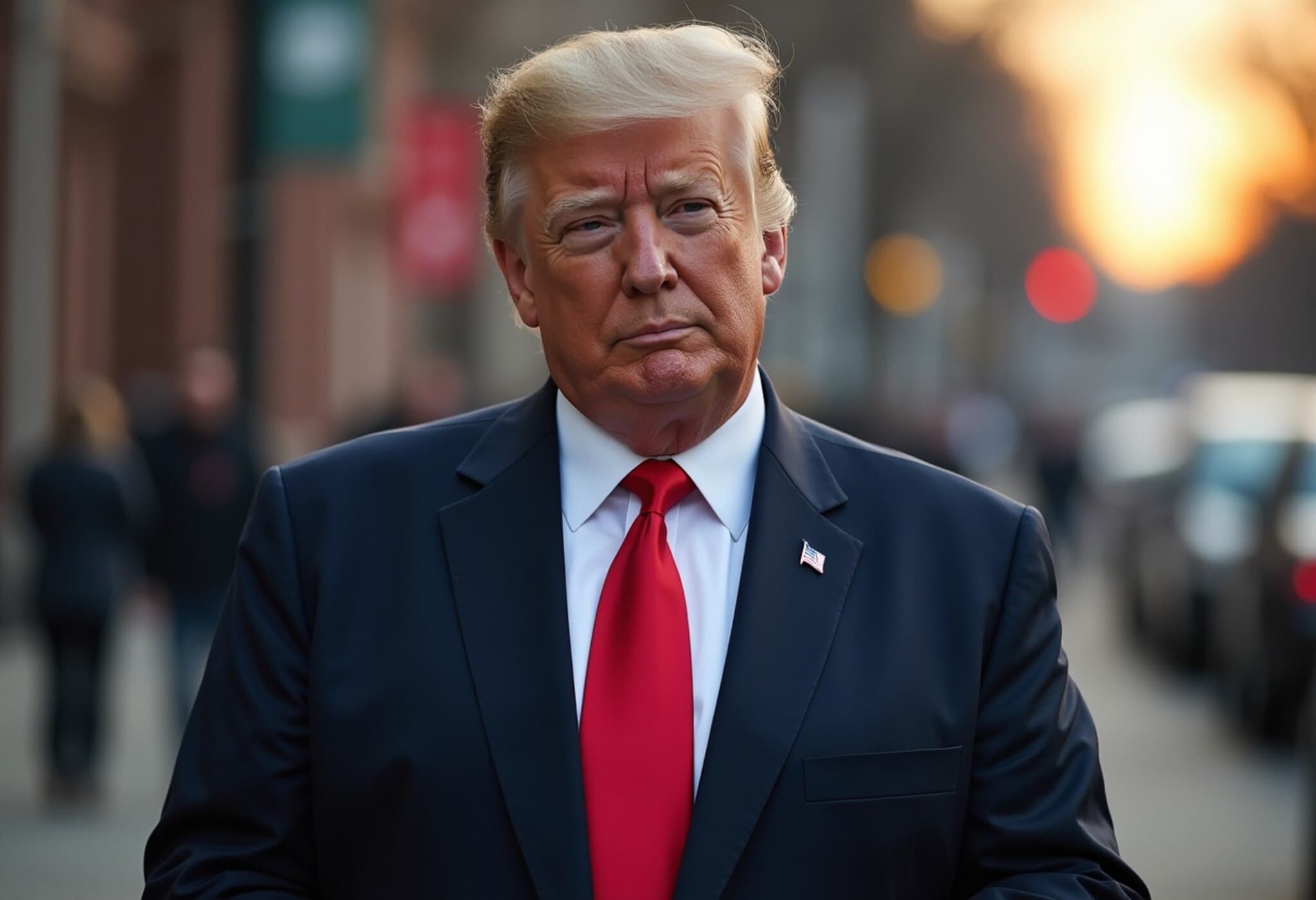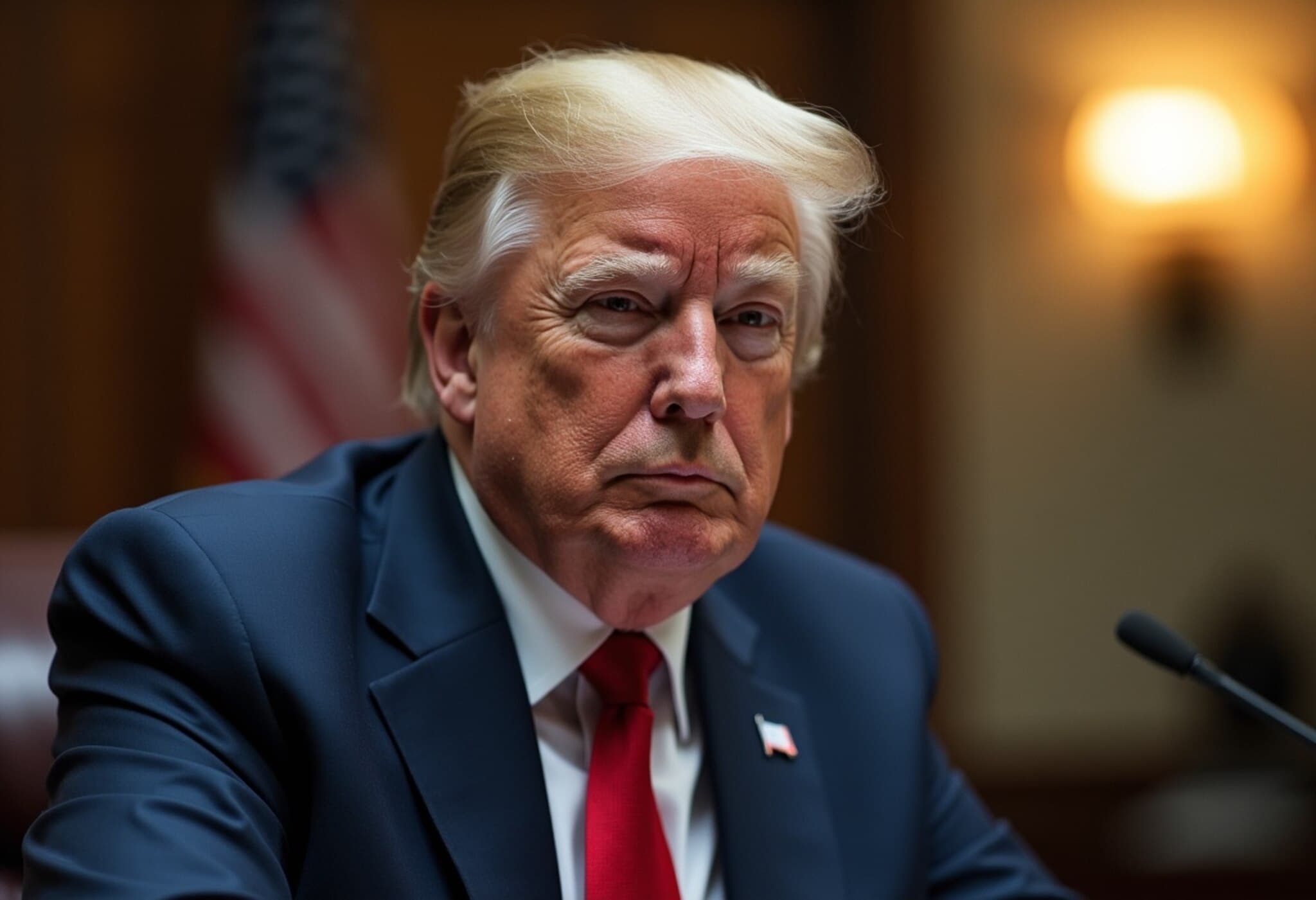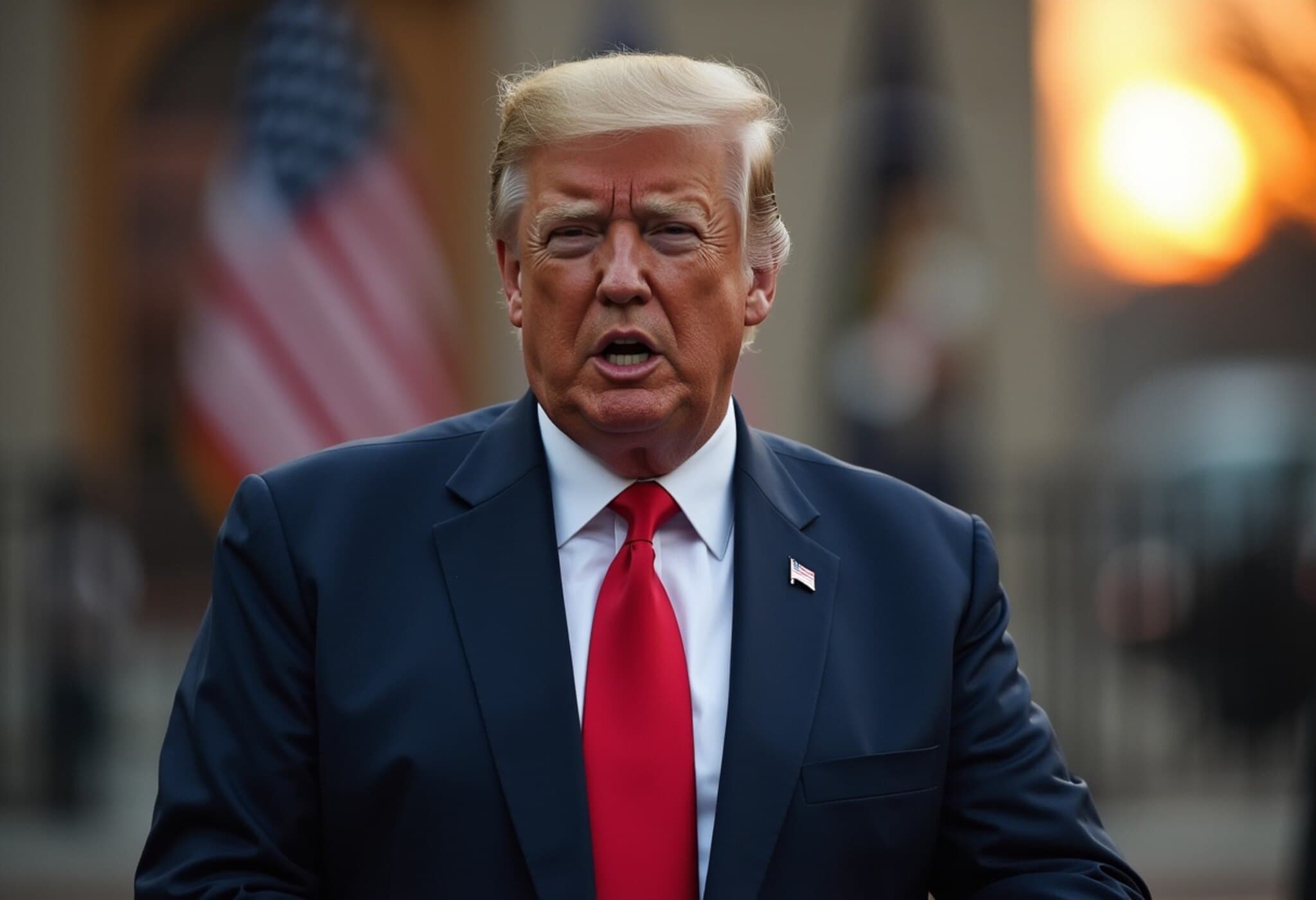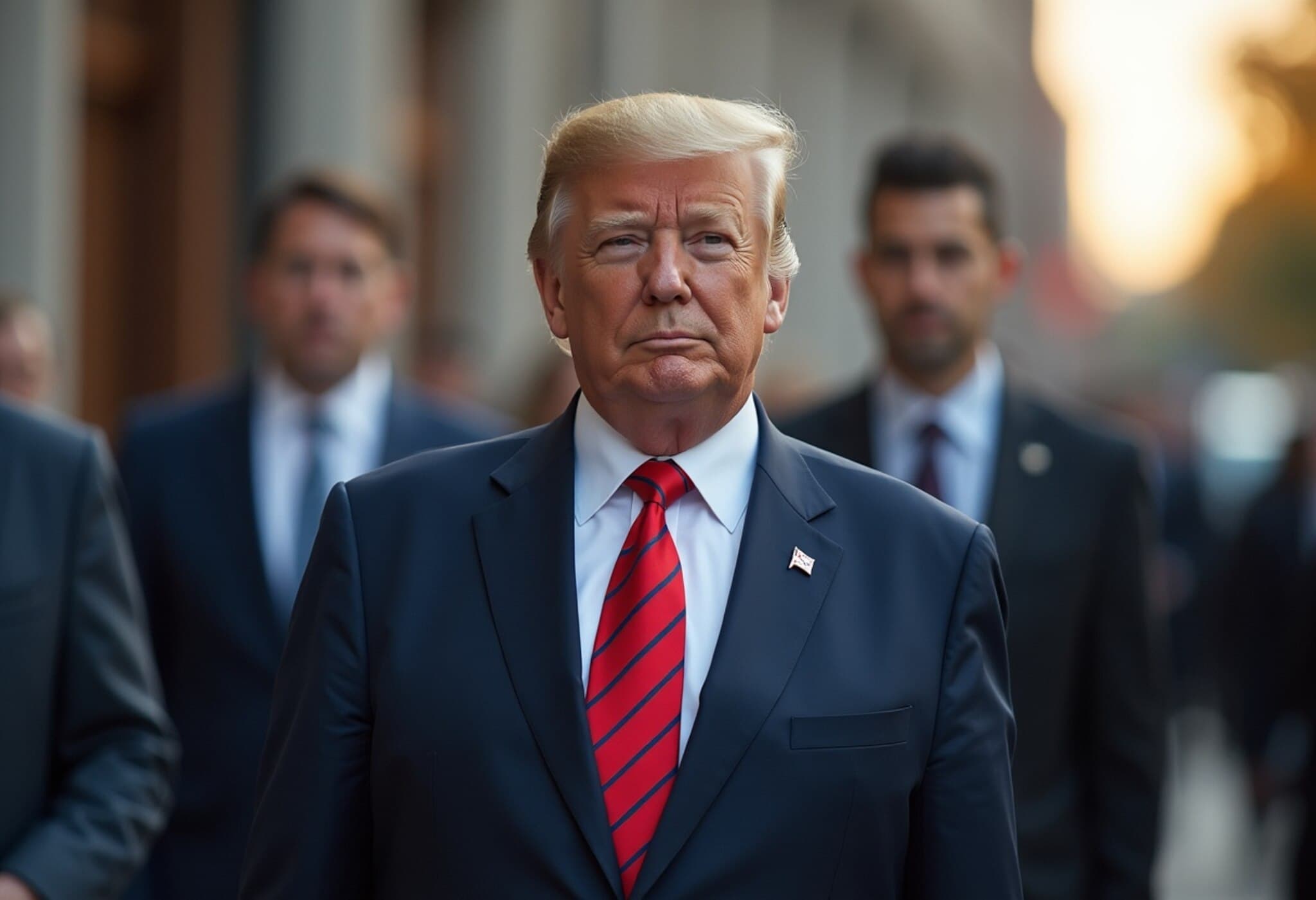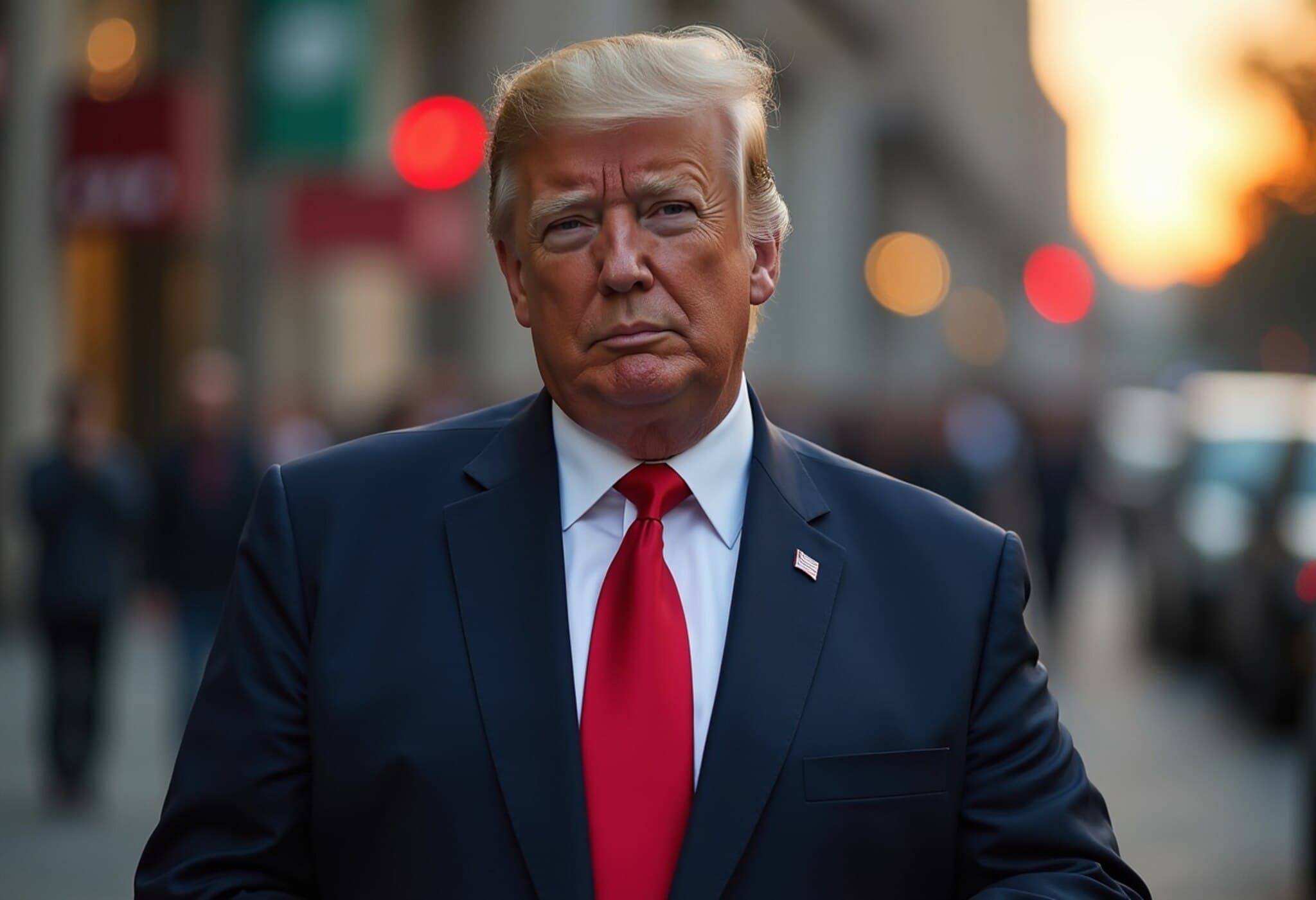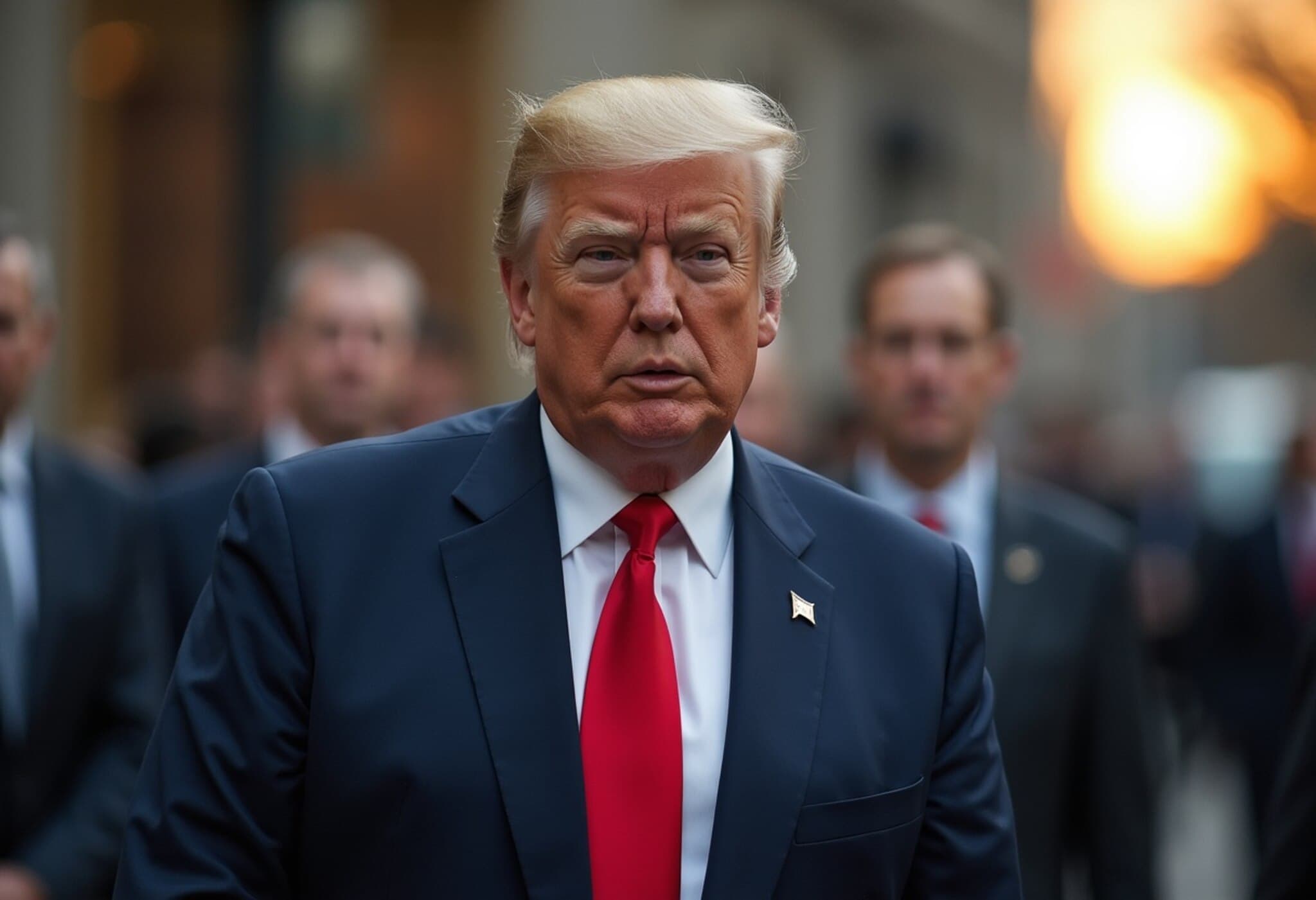US State Department Announces 15% Domestic Staff Layoffs Amid Structural Overhaul
In a significant move signaling a reshaping of American diplomacy, the US State Department revealed intentions to cut nearly 15% of its domestic workforce. This decision aligns closely with the administration’s broader “America First” policy and marks one of the most sweeping restructuring efforts within the department in decades.
The Layoffs: What We Know
According to a memo from Deputy Secretary for Management and Resources Michael Rigas, approximately 1,800 domestic employees will be affected by the reductions in force (RIFs), which include both involuntary layoffs and options for voluntary redundancy. The department emphasized appreciation for the impacted staff, thanking them for their service amidst these challenging changes.
Officials noted that this revamp will involve merging several hundred bureaus, aiming to streamline operations and cut unnecessary overlap. This comes after a legal dispute where the department sided with the Trump administration against a federal judge’s attempt to pause mass federal layoffs.
Rationale Behind the Restructuring
The State Department leadership framed the overhaul as a necessary response to evolving global realities and the need for greater efficiency.
- Multiple offices presently handling overlapping functions, such as sanctions policy, will be consolidated.
- The post-Cold War foreign policy structures are viewed as outdated and misaligned with present-day priorities rooted in strategic competition with global powers.
- The effort intends to eliminate redundancy and enhance the agility of regional bureaus and embassies.
“In an era defined by great power competition, we’re reimagining what a nimble and effective State Department should look like,” said a senior official who briefed the press under anonymity. The changes are also expected to empower political appointees by simplifying bureaucratic layers, facilitating tighter oversight by the current administration.
Impacted Divisions and Shifts in Missions
Some bureaus historically focused on immigration and democracy promotion are slated for significant mission alterations. For instance, the Bureau of Population, Refugees, and Migration, which has traditionally aided lawful immigration processes, may now redirect efforts towards programs centered on remigration, reflecting a pronounced pivot in diplomatic and humanitarian priorities.
These reorientations highlight the Trump administration’s skepticism toward long-established diplomatic practices and its preference for revamped strategies. However, department officials have refrained from divulging full specifics, emphasizing the importance of direct communication with affected employees to preserve their dignity.
Broader Implications and Expert Perspectives
This realignment raises critical questions about the future capacity of the US State Department to engage globally and uphold diplomatic efforts that have defined American foreign policy for decades. Experts warn that such drastic cuts risk undermining the depth and breadth of diplomatic expertise, particularly as international tensions mount on multiple fronts.
From a policy standpoint, the consolidation could streamline decision-making and budget use. Yet, the trade-off might be reduced institutional memory and diminished capacity to address complex global challenges requiring nuanced, multifaceted diplomacy.
Furthermore, the shift underscores the tension between political priorities and bureaucratic expertise—a dynamic often at the heart of shifts during administrations with distinct ideological perspectives.
Editor's Note
The US State Department’s decision to reduce its domestic workforce by 15% reflects a pivotal moment in the evolution of American diplomacy. While the drive toward efficiency and alignment with current administration priorities is clear, the long-term impacts on US foreign policy effectiveness remain to be seen. Readers are encouraged to consider how such organizational transformations might influence the nation's global standing and diplomatic agility amidst increasingly complex international relations.

